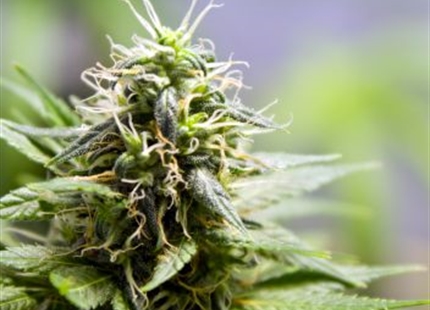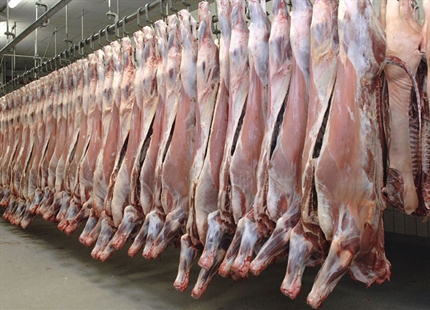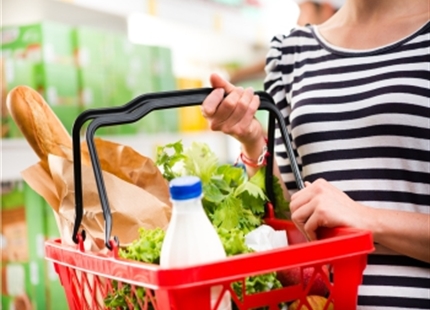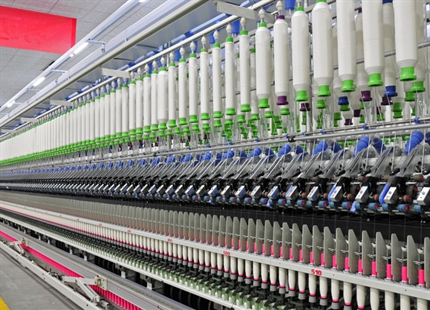-
Nestle Espana S.A.
-
Quacker Oats
-
Samkaup Supermarkets
-
Sara Lee
-
Sugarfayre Ltd.
-
Tetra Park
-
Timothy Taylor Brewery
-
United States Department of Agriculture

Contact us today to learn more about humidity for Produce...

Why Humidify... For Produce
Proper humidification is essential in all applications related to produce from growing to storage. It helps to not only improve growth but keeps food fresh for longer periods of time.
Humidity for Growing Fruits & Vegetables
Maintaining consistent humidity levels in greenhouses and vertical farms for fruits and vegetables provides a comfortable environment in which plants can thrive. When humidity levels are too low plants will start to wilt, produce smaller leaf sizes, have dry tip burn, leaf curl, be susceptible to an infestation of bugs and diseases and finally have an overall stunted product.
Enhancing ventilation, maintaining humidification, and ensuring proper cooling can aid in seedling development and healthy plant growth. The most common issue regarding greenhouses and vertical farms is the combination of low humidity and high temperatures. Keeping humidity levels above 30% RH and consistent will ensure plant growth is not compromised and will aid in consistent healthy crop growth.
Water Weight Control
Produce relies on the ability to retain moisture, and a properly humidified environment is highly beneficial in that regard. When a space containing produce is introduced to consistent relative humidity (RH) levels, it allows for consistent moisture absorption. This helps fruit, vegetables and other foods to retain a suitable amount of water weight, which keeps it fresh and in good condition.
Flour, sugar and even meats benefit from regulated humidification in this regard, leading to better quality food that isn’t as susceptible to drying out and losing its weight and value. When produce is met with consistent humidification, it is capable of remaining fresher for longer than in environments without balanced RH levels. Therefore, businesses can save by reducing their food spoilage and product wastage.
The loss of quality reduces the selling price of crops and increases production costs, both of which reduce profits.
Greater Energy Efficiency
Humidification systems such as those by Condair are designed to be thoroughly efficient not just in terms of operation, but also regarding energy efficiency. Produce applications utilizing such technology in safeguarding their products will save on energy while reducing product wastage and maintaining consistent RH. With evaporative cooling and its misting action, energy rebates resulting from less of a reliance on chillers means you’ll also save on your energy bill.
Some of these humidification systems provide temperature cooling as well and are available in a wide array of load capacities to suit any size of produce environment.
Benefits of humidification for the food & beverage industry include:
- Speeds up plant growth and germination.
- Improves plant quality and uniformity.
- Improves quality of final product.
- Minimizes produce from drying out prematurely which results in spoilage...
- Assists in maintaining weight and value through water weight control.
- Energy and cooling load rebates.
- Reduces waste.




Why Humidify... For Clean Rooms

Why Humidify... For Medical Marijuana

Why Humidify... For Abattoir

Why Humidify?... 5 Important Points for HR Managers to Consider

Why Humidify... For Offshore Oil & Gas Platforms

Why Humidify... For Supermarkets

Why Humidify... For Textile Manufacturing

Why Humidify For... Government Buildings



